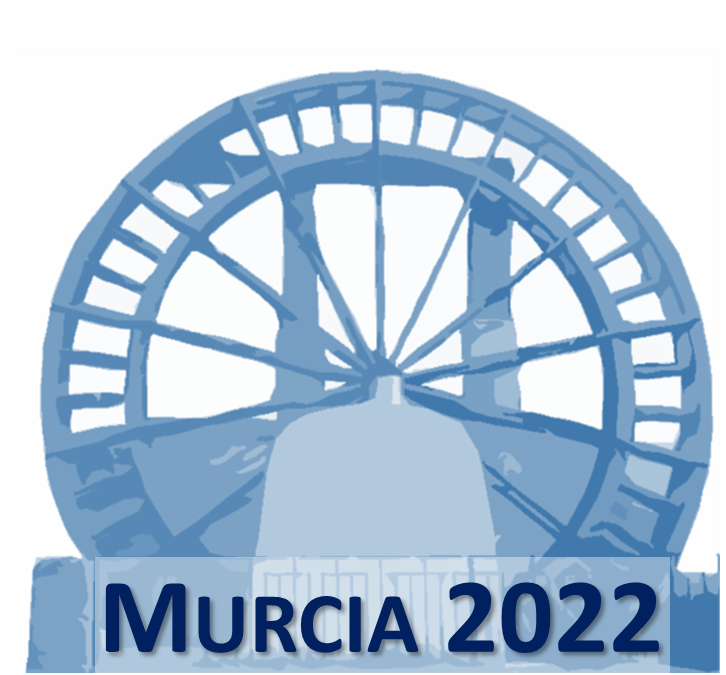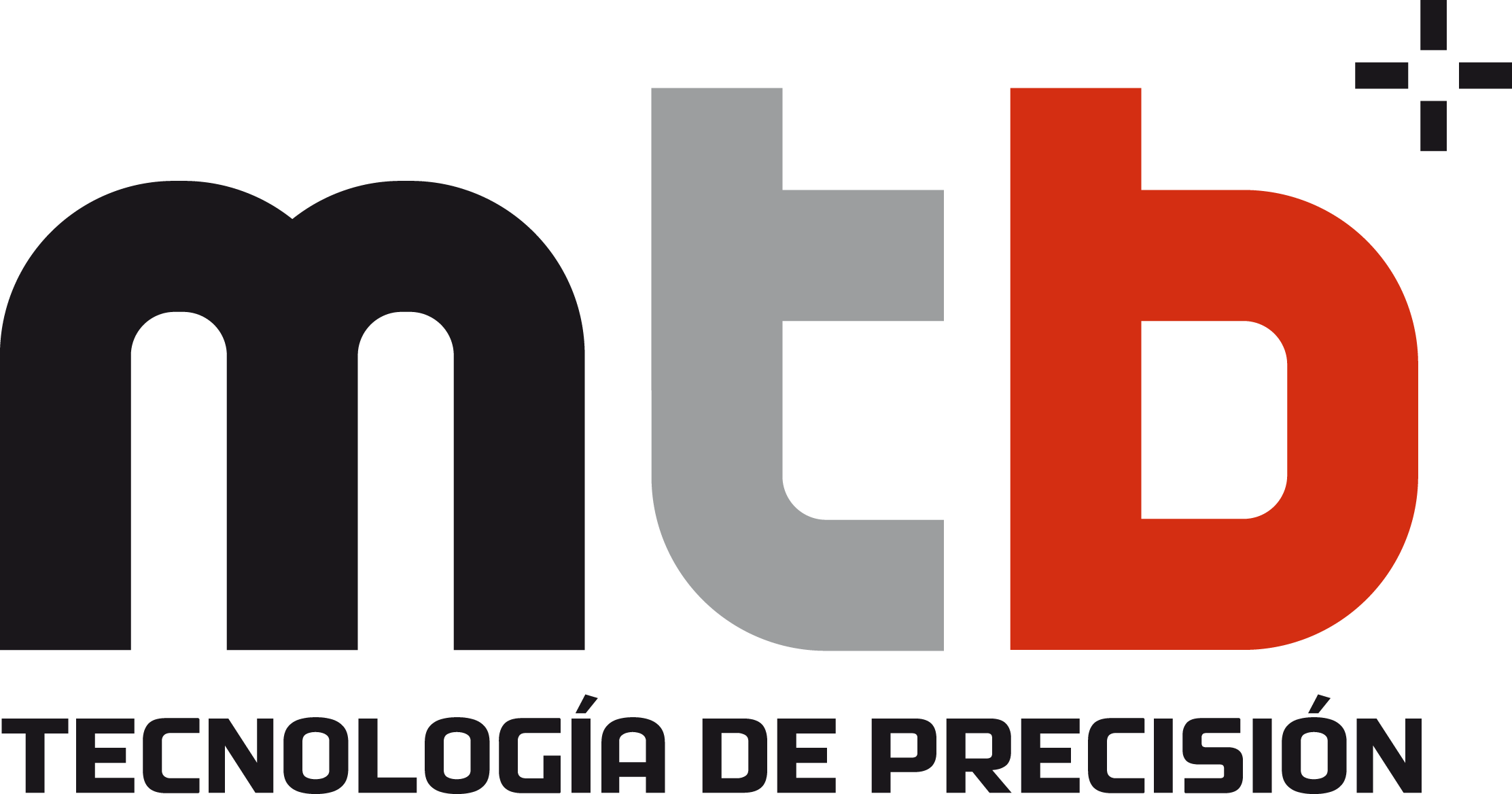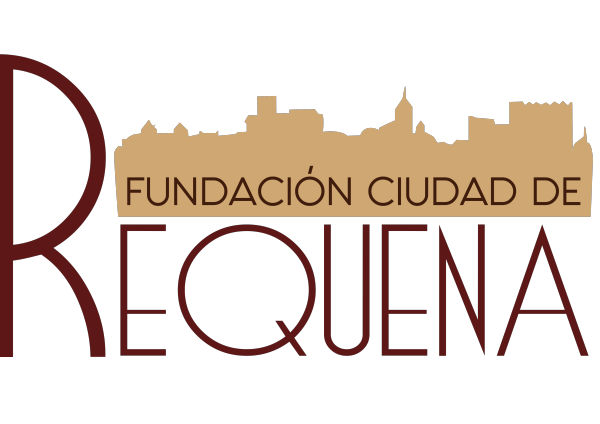1 XXXI Iberian Meeting on Physics Education and Dissemination (DEDF)
2 Women in Physics (GEMF)
Organizing Committee:
- Pascuala García Martínez, Universitat de València
- Pilar López Sancho, ICMM-CSIC
- Ana Xesús López Díaz, Universidade da Coruña
- Máriam Tórtola Baxauli, Instituto Física Corpuscular (IFIC)-UV
- Carmen Carreras Béjas, UNED
- Leonor Chico Gómez, Universidad Complutense de Madrid
- Carmen Ocal García, ICMAB-CSIC
- Milagros Morcillo Arencibia, Universidad de Córdoba
Organized by Grupo Especializado de Mujeres en Física
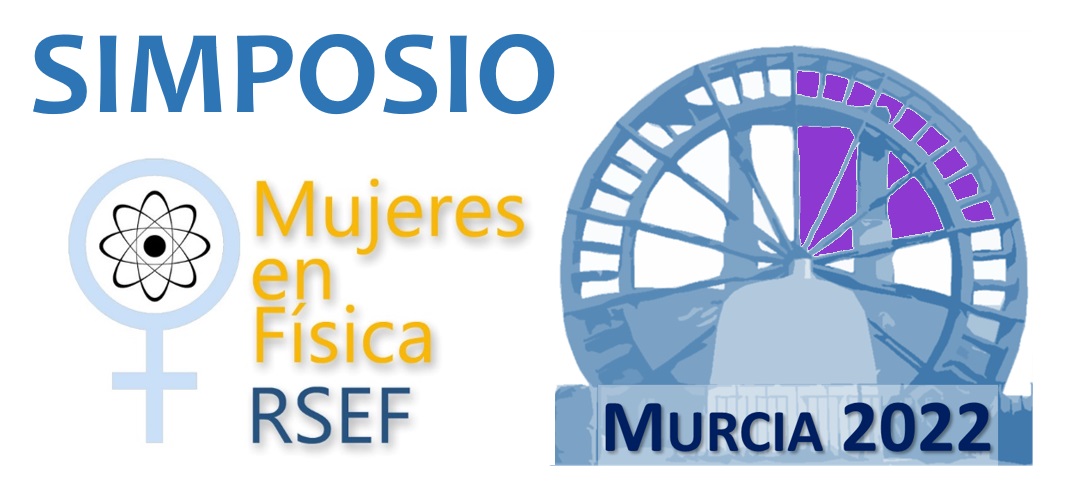
3 Didactics and History of Physics (GEDH)
Organizing Committee:
- Gabriel Pinto Cañón, Universidad Politécnica de Madrid
- Luis Moreno Martínez
Organized by Grupo Especializado de Didáctica e Historia de la Física
4 Medical physics (GEFM)
Organizing Committee:
- Gabriela Llosá Llácer, Instituto de Física Corpuscular (CSIC-Univ. València)
- Joaquín López Herraiz, Universidad Complutense de Madrid
Organized by Grupo Especializado de Física Médica
5 Thermodynamics and Thermal Analysis (GECAT-GET)
Organizing Committee:
- Manuel Martínez Piñeiro, Universidad de Vigo
- Joan-Josep Suñol Martínez, Universitat de Girona
Organized by Grupo Especializado de Calorimetría y Análisis Térmico and Grupo Especializado de Termodinámica.
6 Physics of the atmosphere and the ocean (GEFAO)
- Ricardo García Herrera, Universidad Complutense de Madrid
Organized by Grupo Especializado de la Atmósfera y el Océano
7 Quantum Information and Computation (GEIC)
The symposium is organized by the Quantum Information and Computation Group (GEIC) of the RSEF. It is dedicated to developments in pure quantum information theory and experimental and theoretical developments in quantum computation. Other quantum technologies are included in a separate symposium. This symposium includes technological developments in superconducting qubits, new quantum algorithms and their applications, other quantum qcomputation and simulation architectures, such as photonic systems, ion trapping and cold atom systems
Organizing Committee:
- Román Orús, Donostia International Physics Center, San Sebastián
- Diego Porras, IFF-CSIC, Madrid
Organized by Grupo Especializado de Información Cuántica
8 Quantum Technologies (GEIC-GEOCONL)
The symposium is jointly organized by the Quantum Information and Computation Group (GEIC) and the Quantum Optics and Non-linear Optics Group (GEOCONL) of the RSEF. It is dedicated to experimental and theoretical developments on quantum technologies, such as quantum sensing and metrology, quantum simulation and quantum cryptography. The symposium will cover quantum technological applications of solid-state, photonic, superconducting and atomic systems. Advances on quantum computing and theoretical quantum information are presented in a separate symposium.
Organizing Committee:
- Diego Porras, IFF-CSIC, Madrid
- Gabriel Molina Terriza, Material Physics Center, San Sebastián
Organized by Grupo Especializado de Información Cuántica
9 Quantum Optics and Nonlinear Optics (GEOCONL)
The symposium is organized by the Quantum Optics and Nonlinear Optics Group (GEOCONL) of the RSEF. Oral and poster communications will be presented. It is dedicated to theoretical and experimental developments in the study of the nature of light and its interaction with matter, when quantum and/or nonlinear optical phenomena occur. It includes quantum states of light, cold atoms and matter waves, plasmonics, nanophotonics, coherence effects, physics of lasers and amplifiers, nonlinear and multi-photon processes, strong field physics, nonlinear materials, nonlinear metamaterials, nonlinear photonics crystals, nonlinear spectroscopy, nonlinear dynamics, ultrafast phenomena, generation and characterization of ultra-short and/or ultra-intense light pulses, high harmonic generation and attosecond physics, optomechanics, applications of quantum phenomena and nonlinear photonics.
Organizing Committee:
- Carlos Hernández-García, Universidad de Salamanca
- Alejandro Turpin, ICFO
- Gabriel Molina-Terriza, CFM, País Vasco
- Leticia Tarruell, ICFO
- Rosa Weigand, Universidad Complutense de Madrid
- Miguel Ángel García-March, Universidad Politécnica de Valencia
- Antonio Picón, Universidad Autónoma de Madrid
- María Teresa Belmonte, Universidad de Valladolid
- Miguel C. Soriano, IFISIC, Mallorca
- Alba de las Heras, Universidad de Salamanca
- Crina Cojocaru, Universidad Politécnica de Cataluña
Organized by Grupo Especializado de Óptica Cuántica y Óptica No Lineal and Grupo Especializado de Láseres Ultrarrápidos.
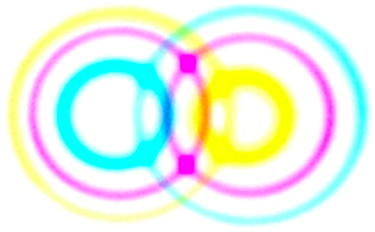
10 Artificial Intelligence for Condensed Matter Physics (DFMC-GEFES)
Artificial intelligence (AI) is emerging as a new paradigm for the advancement of a variety of research areas within the physical sciences, from statistical and quantum physics to high-energy physics and cosmology. Among them, condensed matter physics is one of the most suitable areas to boost the cross-fertilization between AI and physics. On one hand, it is expected that AI could contribute to the next-generation of fundamental and applied condensed matter physics breakthroughs. On the other hand, new AI algorithms and techniques could be developed based on condensed matter physics insights. This session will present the latest advances in the application of AI to condensed matter physics, with a lineup of speakers that will cover the current most relevant and active areas of this emerging topic.
Organizing Committee:
- Jorge Bravo-Abad, Universidad Autónoma de Madrid
- Alexandre Dauphin, ICFO
Organized by the Condensed Matter Physics Division, DFMC-GEFES
11 Frontiers in Soft Condensed Matter (DFMC-GEFES)
This symposium aims at bringing together scientists and engineers working in any of the many facets of soft condensed matter. Statics and dynamics, as well as equilibrium and out-of-equilibrium phenomena are all welcome. Similarly, we hope to have contributions in experiment, theory and simulation. Themes and systems of particular interest include granular matter, glasses and disordered systems, phase transitions, active matter, methodologies/techniques for probing soft matter structure and dynamics, liquid crystals and topological defects, mechanics of soft matter, emulsions, drops and hydrodynamic instabilities, and soft matter in external fields.
Organizing Committee:
- A. Fernandez-Nieves, Universitat de Barcelona - UBICS
- I. Pagonabarraga, Universitat de Barcelona - UBICS
Organized by the Condensed Matter Physics Division, DFMC-GEFES
12 New trends in superconductivity (DFMC-GEFES)
Superconductivity is one of the most active research fields in condensed matter physics with great potential to reshape our society. The interest in this fascinating phenomenon goes beyond the fundamental question of designing a quantum system characterized by the absence of dissipation and includes numerous applications in medicine (proton accelerators, magnetic resonance), transport (levitating trains, motors) and computation (quantum computers). Superconductivity has also an impact in other areas of physics such as nuclear fusion, cosmology or high energy physics.
Some of the most pressing challenges in this field are unravelling the mechanism behind high-Tc superconductivity in cuprates and pnictides, the interaction between superconductivity and other electronic and magnetic order states, the influence of quantum criticality or the effects induced when reducing the dimensions or increasing the disorder in the superconducting systems. Recent discoveries of superconductivity in hydrides, topological and ferromagnetic materials and in twisted layers of 2D materials have raised new exciting questions in the field.
This Symposium will be a platform to discuss new trends and challenges in different topics (see below) related to superconductivity including experiments, theory and applications. A Spanish superconducting network, gathering more than 40 research groups working in fundamental and applied aspects of superconductivity, was launched after the last RSEF Bienal meeting in Zaragoza (https://gefes-rsef.org/superconductivity-in-spain/). This symposium pretends to reinforce the links created within this community by promoting new collaborations and synergies. The symposium will include invited talks, selected oral presentations, and a poster session (with flash talks).
It will cover the following topics:
- Superconductivity in 2D materials and heterostructures.
- Topological and interface superconductivity.
- Vortex matter.
- Strongly correlated electron systems and high temperature superconductors
- Strong disorder and coherence in thin films.
- Superconductivity under extreme conditions (pressure, field, temperature).
- Nanofabricated superconductors.
- Quantum transport in superconductors.
- Novel magnetic superconductors
- Bound states in superconductors (Majorana, Shiba,…)
- Superconductors for detectors, high field and energy efficiency applications.
- Josephson junctions, SQUIDS and other superconducting sensors.
- Quantum technologies.
- Synthesis of superconducting materials.
Organizing Committee:
- Isabel Guillamón, Universidad Autónoma de Madrid
- María José (Pepa) Martínez-Pérez, Instituto de Nanociencia y Materiales de Aragón - CSIC
- Mariela Menghini, IMDEA Nanociencia, Madrid
Organized by the Condensed Matter Physics Division, DFMC-GEFES
13 Strongly correlated low-dimensional interacting systems (DFMC-GEFES)
In low-dimensions, interactions are often important and result in a variety of effects of great interest. Specific topics included in this area are:
- Many-body localization
- Quantum transitions
- Electron glasses and slow relaxation
- Topological insulators
- Transport in nanoparticle assemblies
- Advances in Condensed Matter Physics
Organizing Committee:
- Miguel Ortuño Ortín, Universidad de Murcia
- Hermann Suderow, Universidad Autónoma de Madrid
Organized by the Condensed Matter Physics Division, DFMC-GEFES
14 Advances in nanomaterials characterization by Atomic Force Microscopy
The spatial resolution and flexibility of the atomic force microscopy (AFM) related techniques make them central in many fields of nanoscience and nanotechnology, with special emphasis in the characterization of advanced nanomaterials. It provides not only impressive topographical images down to atomic resolution but also unparalleled versatility. On top of that, it offers valuable information on different physicochemical properties of a large variety of materials and it facilitates modes which allow sample modification at the nanometer level.
This symposium aims to bring together the AFM community to present and discuss the use, development and novel applications of AFM-based techniques for the characterization of advanced nanomaterials, both from experimental and theoretical points of view. The topics of the contributions will cover the use of AFM for the study of a wide range of nanomaterials to gain insight on their electronic, electrical, optical, magnetic and mechanical properties in different environments, from ultrahigh-vacuum to ambient conditions and liquids.
Organizing Committee:
- Elisa Palacios Lidón, Universidad de Murcia
- Pablo Ares García, Universidad Autónoma de Madrid
- Carmen Munuera López, Instituto de Ciencia de Materiales de Madrid, ICMM-CSIC
- Miriam Jaafar Ruiz-Castellanos, Universidad Autónoma de Madrid
- Guilherme Vilhena, Universidad Autónoma de Madrid
15 Novel frontiers and challenges in magnetism (CEMAG-IEEE Magnetics)
This symposium aims to cover a revision of the state-of-the-art of the multidisciplinary field of magnetism as well as to encourage intense discussion and synergies among the diverse researchers that are active right now at both national and international levels. This event will serve as a forum for the most recent breakthroughs in experimental and theoretical studies on diverse topics related to magnetism such as daily life magnetic applications, synthesis, and characterization of magnetic structures, spintronics, sensors and actuators, permanent magnets, magnetic refrigeration, transport, devices, modelling, molecular magnetism, among others.
Organizing Committee:
- Jose Angel Fernández-Roldán, Universidad de Oviedo, Helmholtz-Zentrum Dresden-Rossendorf
- Miriam Jaafar, Universidad Autónoma de Madrid
- Irene Lucas, Universidad de Zaragoza
- Ester M. Palmero, IMDEA Nanociencia, Madrid
- Luis Moreno, Universidad de Sevilla
- Jose Miguel Garcia Martin, Instituto de Micro y Nanotecnología, CSIC
Organized by Club Español de Magnetismo (CEMAG), Spanish chapter of the IEEE Magnetics Society and the Condensed Matter Physics Division (DFMC-GEFES).
16 Energy and Sustainability (GEE)
Organizing Committee:
- Pablo Palacios Clemente
- Roberto Gomez Calvet
- Perla Wahnón Benarroch
- Pablo Sanchez-Palencia Vallejo
- Susana García Martín
- Miguel Ángel Muñoz Márquez
- José Manuel Martínez Duart
Organized by Grupo Especializado de Energía
17 Theoretical and Particle Physics (DFTP)
Organizing Committee:
- Bárbara Álvarez González
- Antonio Dobado González
Scientific Committee:
- Manuel Asorey Carballeira
- Francisco José Botella Olcina
- M. Pilar Casado Lechuga
- Fernando Cornet Sánchez del Águila
- María Victoria Fonseca González
- Isidro González Caballero
- Santiago González de la Hoz
- José Luis Miramontes Antas
- Alberto Ruiz Jimeno
- José Salt Cairols
- Emma Torro Pastor
- Pedro Villalba González
The event will be held from July 11 to 14 in the afternoon session and the following activities will take place during the event:
- Experimental talks by young researchers
- Theoretical talks by young researchers .
- Lecture by a senior experimental researcher
- Lecture by a senior theoretical researcher
- General Assembly of DFTP members
- Presentation of awards to the best doctoral theses of 2019 and 2020 in our area
18 Nanoscience and Molecular Materials (GENAM)
The aim of the NANOSCIENCE and MOLECULAR MATERIALS symposium is to offer the Spanish physics community a broad view of this multidisciplinary field, providing the opportunity to share recent scientific advances, as well as serving as a discussion forum for the different groups active in our country.
The symposium covers topics related with the experimental and theoretical study of physical phenomena in molecular and low dimensionality materials; these include electronic transport, magnetism, optical nonlinearity, etc., as well as their potential applications in spintronics, photonics or bioimaging, among others.
The program will include 2 invited lectures (25 + 5 minutes) and several talks of 15 + 5 minutes, distributed in thematic sessions.
Organizing Committee:
- Luis E. Hueso, CIC nanoGUNE
- M. Belén Villacampa, Universidad de Zaragoza, Instituto de Nanociencia y Materiales de Aragón (INMA)
Organized by Grupo Especializado de Nanociencia y Materiales Moleculares.
19 Plasma Physics and Applications (GEFP)
Organizing Committee:
- Francisco Tabares, CIEMAT
- Kieran Mccarthy, CIEMAT
Organized by Grupo Especializado de Física de Plasmas
20 Astrophysics and Astroparticles
Organizing Committee:
- Antonio Pérez Garrido, Universidad Politécnica de Cartagena
- Maria Rosa Zapatero, Centro de Astrobiología
- Eduardo Martín, Centro de Astrobiología
- Nicolas Lodieu, Instituto de Astrofísica de Canarias
- Kostas Glampedakis, Universidad de Murcia
21 Physics of Complex Systems (GEFENOL)
Organizing Committee:
- Pedro Carpena, Universidad de Málaga
- Raúl Toral, IFISC (CSIC-UIB)
- Enrique Abad, Universidad de Extremadura
- Pablo Hurtado, Universidad de Granada
- Rosa M. Benito, Universidad Politécnica de Madrid
Organized by Grupo especializado en Física Estadística y No Lineal (GEFENOL)
22 Advanced Topics in Optics
During the last years optics and photonics are making outstanding contributions to both the advancement of knowledge and the development of devices and instrumentation. This symposium aims to be a meeting point for researchers from the field of optics to present their most recent achievements. Topics include but not limited to: Visual optics, optical design and instrumentation, polarimetry, bio/nano photonics, lidar and hyperspectral imaging, diffractive optics and holography, sensors, optoelectronics, lasers (fundamentals and applications), microscopy, structured light, optical fibers and communications, image processing, GRIN optics, advanced 3D imaging, plenoptic imaging, colorimetry, interferometry, optical and photonic engineering, cryptography, quantum information and artificial intelligence in optical devices.
Organizing Committee:
- Juan M. Bueno, Universidad de Murcia
- Eva Acosta, Universidade de Santiago de Compostela
- Manuel Martínez-Corral, Universitat de València
- Ignacio Moreno, Universidad Miguel Hernández
- Jaume Pujol, Universitat Politècnica de Catalunya
- Santiago Royo, Universitat Politècnica de Catalunya
23 Nuclear Physics (GEFN)
Organizing Committee:
- Dolores Cortina, USC
- Alejandro Algora, IFIC
- Carlos Guerrero, US
- Laura Tolos, ITP, ICE
- Tomás R. Rodríguez, UAM
- Silvia Viñals, CMAM
Organized by Grupo Especializado de Física Nuclear
24 Broadening horizons: interdisciplinarity, general physics and novel research
Organizing Committee:
- Antonio Guirao Piñero
